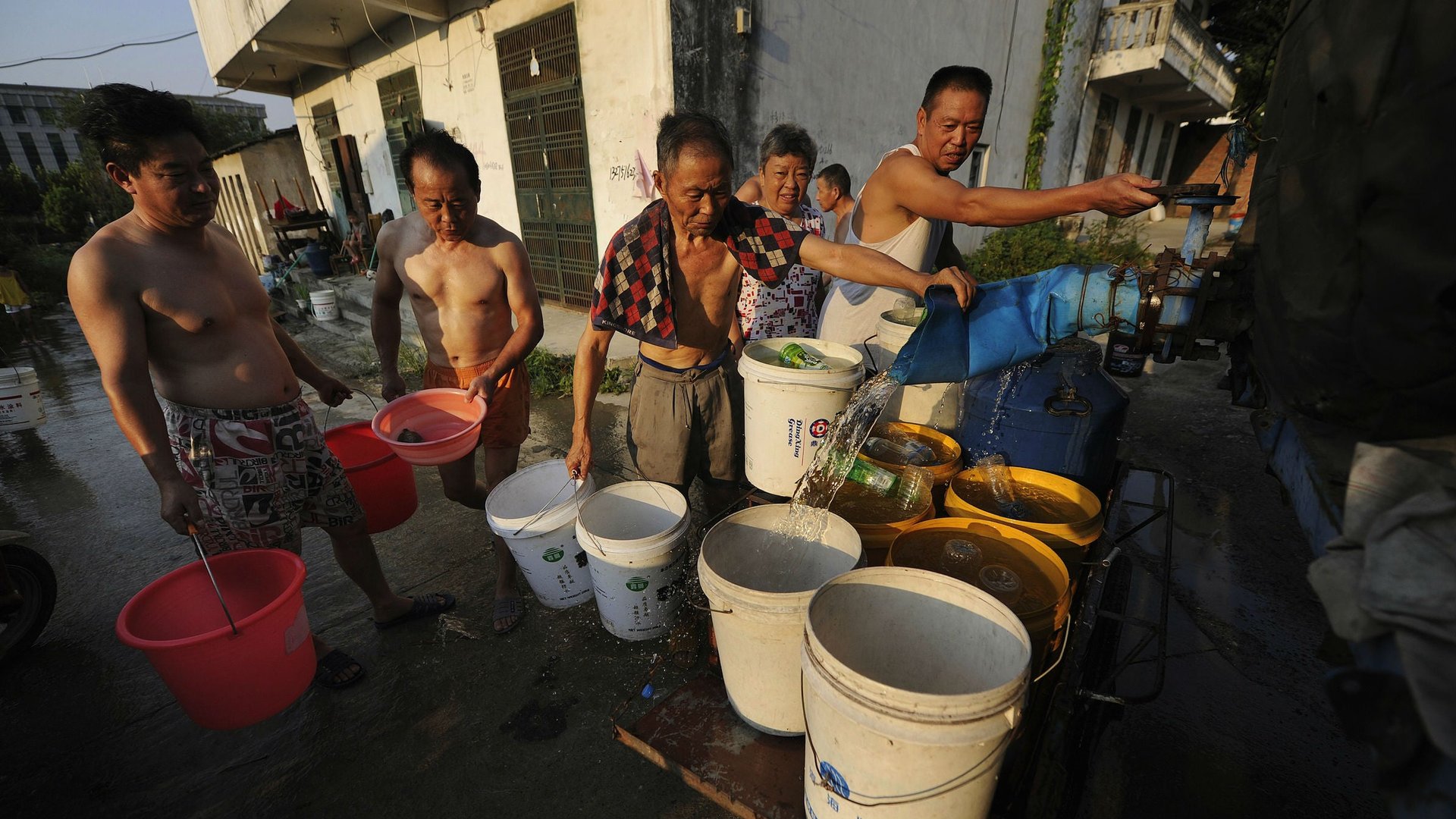Unilever makes a wager on China’s parched future
China’s water outlook is dire, with scant per capita reserves and groundwater that is heavily tainted by pollution. Unilever is betting that it’s not going to get much better.


China’s water outlook is dire, with scant per capita reserves and groundwater that is heavily tainted by pollution. Unilever is betting that it’s not going to get much better.
The world’s second largest consumer goods company has bought a majority stake in Chinese firm Qinyuan, which makes water purifiers and water treatment membranes, for an undisclosed sum that Unilver says is its biggest Chinese acquisition in more than 10 years.
It’s a smart move for a company whose business depends heavily on emerging markets like China that have proved volatile recently—Unilever makes almost 60% of its sales in China and other emerging markets, compared to Procter & Gamble’s 39%. Competition from local competitors and shifting consumer tastes have hurt other emerging consumer good giants in China: Unilver’s rivals like L’Oreal and Revlon have recently retired a few of their brands in China because of flagging sales.
But water purification is one of the country’s most reliable consumer goods category, thanks to China’s persistent water pollution problems. An estimated 300 million people, almost a quarter of the population, drink contaminated water on a daily basis. China’s expanding middle class doesn’t trust city water—and sometimes not even bottled water—and is splurging on home and office purification systems like those made by Qinyuan, which had sales of about $200 million in 2013. Uniliver already sells its own brand, Pureit, in China.
Chinese shoppers are likely to play an ever larger role in the global water purifier industry. Water purifier sales around the world are expected to grow at a compound annual growth rate (CAGR) of around 10% between 2013 and 2018; growth in China is forecast to be twice that rate. According to Unilever, China’s water purification market has risen over 20% a year over the last three years. Others estimate it will continue to grow a CAGR of 24% a year until 2018.